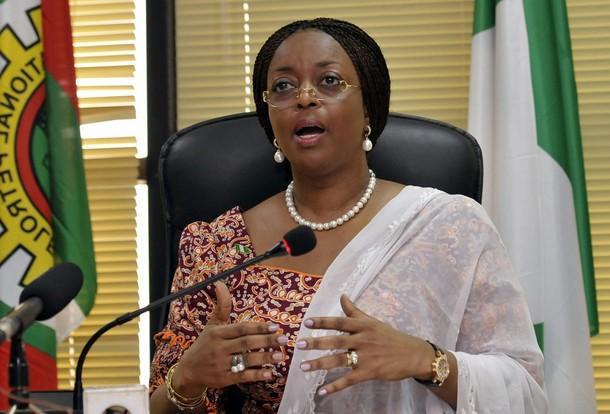If the Petroleum Industry Bill is passed into law, ten agencies of the Federal Government including the Nigerian National Petroleum Corporation (NNPC), the Petroleum Training Development Fund (PTDF) and the Petroleum Products Pricing Regulatory Agency (PPPRA) may be scrapped.
This was revealed by experts who also advised the Senate to look into the discretionary powers of the President and the Minister of Petroleum under the bill at a one-day workshop in Abuja on Monday organized by the Senate Joint Committee on the Petroleum Industry Bill.
One of the lecturers, who spoke at the workshop, Dr Francis Adigwe, said other agencies that would be affected by the Bill were the Petroleum Technology Development Fund, Petroleum (Special) Trust Fund, Petroleum Equalisation Fund, Petroleum Profit Tax.
Others, he said, included the Deep Offshore and Inland Basin Production Sharing Contracts, Motor Spirits(Returns) and Associated Gas Re-injection and Oil Pipelines.
Adigwe, who was a member of the techbical committee that drafted the PIB, said that the existence of the PIB brought about the creation of 10 new government agencies to be coordinated by the Minister of Petroleum.
One of the central tenets of the bill, which seeks to repeal among other laws, the extant Petroleum Act (CAP 350 LFN, 1990), is the unbundling of the NNPC.
The Petroleum Industry Bill was first introduced into the Senate in 2008, and after having gone through several changes, it came close to being passed before being dumped just before the close of the last session at the clause-by-clause consideration.
It was thus reintroduced in 2011 after the present National Assembly was sworn in, and after numerous delays, revisions and political intrigues, it has finally gotten to the stage of a second reading, at which it will be considered in committee.
Besides the unbundling of the NNPC, other central elements of the bill include a 10 per cent community fund for oil producing communities, the discretionary powers of the Minister of Petroleum to award oil licenses and the provisions for exploration of oil outside the Niger Delta.
These have also proven to be the most contentious provisions of the bill as they split the senators along the North-South divide before they finally closed ranks and moved the bill forward to second reading.

